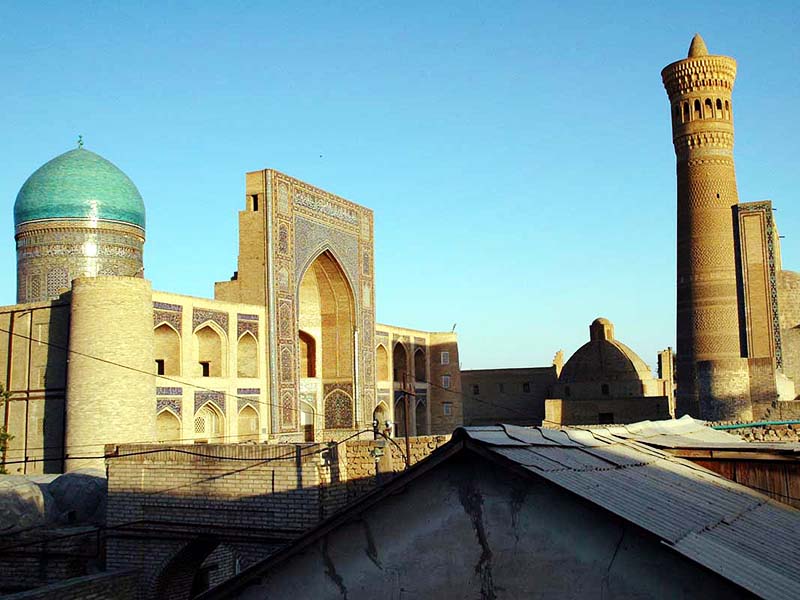In Uzbekistan, Forum 18 reports that Christians are “followed, watched, threatened with court cases and fines if they don’t stop attending church.” The government forbids minors from participating in religious organizations, restricts talking about religion in public areas, and restricts publishing any type of religious content without official approval. In certain cases, government officials have harassed young children about their parents’ religious preferences.
These restrictions originate from a 1998 law called the Law on Freedom and Conscience which required all religious institutions to register with the government if they wanted to be considered legal. Without government registration, any gathering of people for religious purposes is illegal and can be considered ‘extremism.’ Human Rights Watch cites approximately 12,000 religious persons in jail for a vague ‘extremism’ charge. In addition to jail, religious persons charged with extremism can be punished with hefty fines.
Tajikistan has a similar law, the 2009 Religion Law. Religious gatherings can only occur legally if they are registered. Without registration, any religious gathering is considered criminal and extremist. Registration, however, requires religious leaders to submit the names of some of their members. This violation of privacy makes members even more vulnerable by providing the government with information to track them. In addition to registration, private religious education is not allowed and the state can interfere with the content of religious messages.
Only 1.3 percent of Turkmenistan’s population is Christian and even fewer religious institutions are registered. The registration requirements are even worse in Turkmenistan, which is known as one of the most closed countries in Central Asia. No fewer than 50 members’ names, birth dates, and addresses must be reported to the government. Since most churches don’t have 50 members, many can’t even meet the requirements to apply and the believers must meet secretly. Secret meetings are illegal and can lead to fines and imprisonment.
In addition to registration, the government must approve religious groups’ distribution of religious literature, including Bibles. Religious literature cannot be produced in Turkmenistan, only imported from outside countries. Even then, only government-approved groups can import religious literature. In all of these countries, the government can raid churches, confiscate religious literature, and charge church attendees with extremism.
Reforming years of communist ideology in Central Asia will be difficult, but international pressure can be helpful. Slowly, these countries are recognizing the financial benefits of participating in the international economy. Joining the international community must be contingent on reform regarding religious freedom. It is also vital for organizations like International Christian Concern to monitor the situation and raise awareness about often ignored human rights violations. Ignorance is the perfect cover for violations to continue and that cannot be allowed.
For interviews, please contact Olivia Miller, Communications Coordinator: [email protected]

